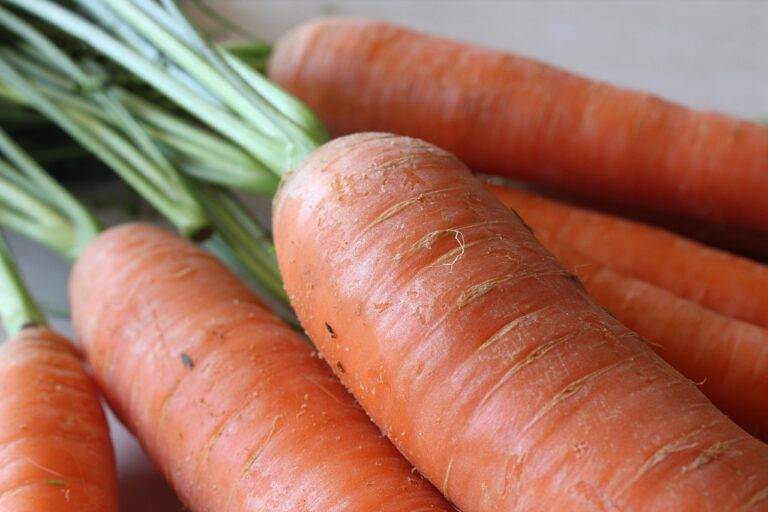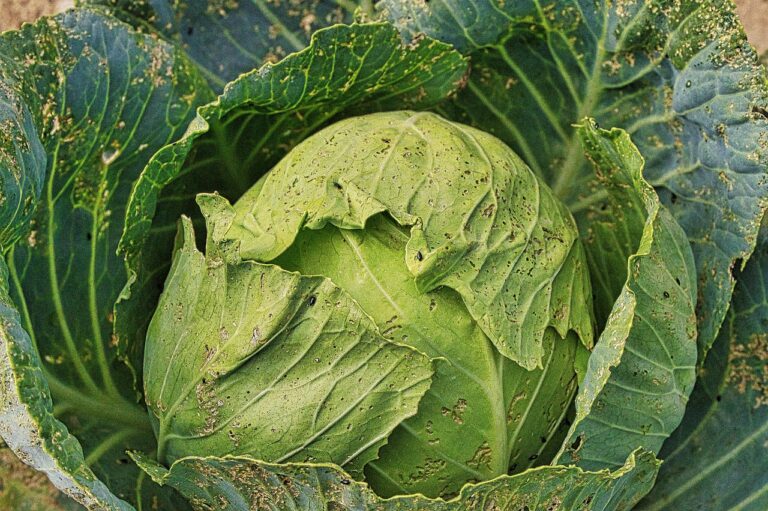The Impact of Tariffs on Global Produce Trade: 11xplay reddy login, Gold365 registration, Skyfair
11xplay reddy login, gold365 registration, skyfair: The Impact of Tariffs on Global Produce Trade
Tariffs are taxes imposed on imported goods by governments to restrict trade by increasing the cost of imported products. They are often used as a political tool to protect domestic industries from foreign competition. However, the impact of tariffs on global produce trade goes beyond just economic implications. In this article, we will explore how tariffs affect the global produce trade and discuss the various consequences they have on different aspects of the industry.
Tariffs and their Effects on Global Produce Trade
Tariffs play a significant role in shaping the landscape of global produce trade. They can have both positive and negative effects on different stakeholders, including producers, consumers, and governments. Let’s take a closer look at some of the key impacts of tariffs on global produce trade.
1. Increased Cost of Imported Produce
One of the most apparent effects of tariffs on global produce trade is the increase in the cost of imported fruits and vegetables. When tariffs are imposed on imported produce, the prices of these products rise, making them less competitive in the market. This can result in higher prices for consumers and reduce the demand for imported fruits and vegetables.
2. Protection of Domestic Producers
Tariffs are often used to protect domestic producers from foreign competition. By imposing tariffs on imported produce, governments can create a level playing field for local farmers and prevent them from being undercut by cheaper foreign products. This protectionist approach can help support the domestic agricultural industry but may also lead to inefficiencies and reduced competitiveness in the long run.
3. Disruption of Global Supply Chains
Tariffs can disrupt global supply chains by creating barriers to trade and increasing the cost of doing business across borders. This can have a ripple effect on the entire produce industry, affecting not only importers and exporters but also transportation companies, retailers, and consumers. The resulting supply chain disruptions can lead to product shortages, price fluctuations, and market uncertainty.
4. Trade Wars and Escalating Tensions
The imposition of tariffs on imported produce can sometimes trigger retaliatory measures from other countries, leading to trade wars and escalating tensions between nations. These trade disputes can have far-reaching consequences for the global economy and create instability in international trade relations. In extreme cases, trade wars can escalate into full-blown economic conflicts that have a profound impact on global produce trade.
5. Impact on Developing Countries
Developing countries are often the most vulnerable to the effects of tariffs on global produce trade. Many rely heavily on agricultural exports to generate income and sustain their economies. When tariffs are imposed on their products, it can severely impact their ability to trade on the global market and hinder their economic development. This can exacerbate poverty and inequality in these regions, further widening the gap between developed and developing nations.
6. Market Access and Trade Agreements
Tariffs can also affect market access and trade agreements between countries. High tariffs on imported produce can hinder the negotiation of trade agreements and limit market access for exporters. This can create barriers for producers to enter new markets and expand their business internationally. By reducing tariffs and promoting free trade, countries can facilitate the flow of goods and promote economic growth.
Conclusion
The impact of tariffs on global produce trade is multifaceted and complex, with consequences that reach far beyond just economic implications. As countries navigate the challenges of trade policy and protectionism, it is essential to consider the long-term effects of tariffs on the agricultural sector. By promoting fair trade practices, reducing barriers to entry, and fostering cooperation among nations, we can create a more sustainable and prosperous global produce trade system.
FAQs
1. What are tariffs?
Tariffs are taxes imposed on imported goods by governments to restrict trade by increasing the cost of imported products.
2. How do tariffs affect global produce trade?
Tariffs can increase the cost of imported produce, protect domestic producers, disrupt global supply chains, trigger trade wars, impact developing countries, and affect market access and trade agreements.
3. What can be done to mitigate the negative effects of tariffs on global produce trade?
To mitigate the negative effects of tariffs on global produce trade, countries can promote free trade practices, reduce barriers to entry, and foster cooperation among nations.







